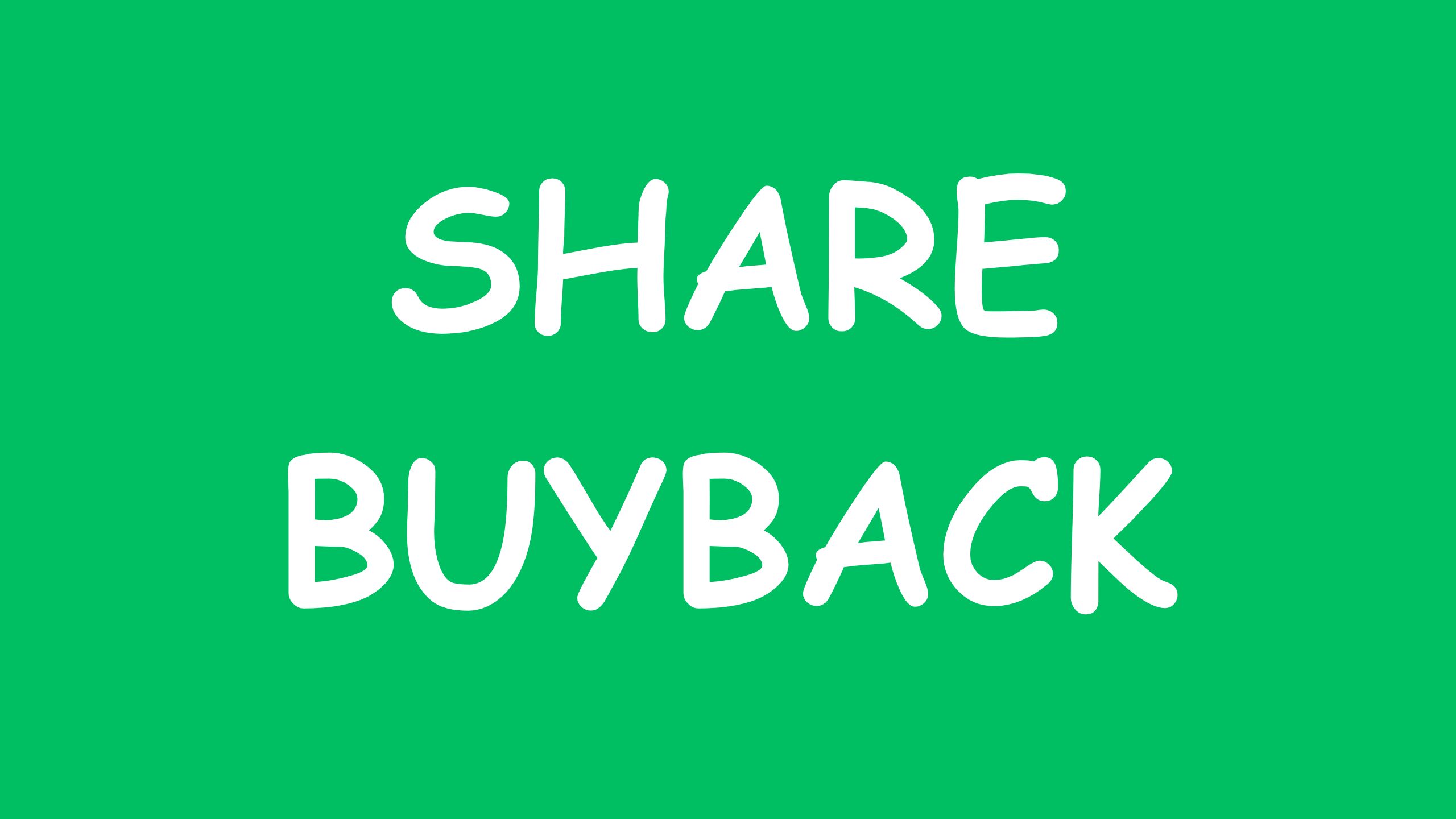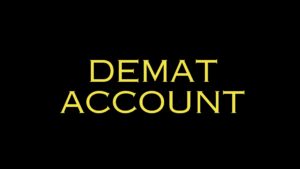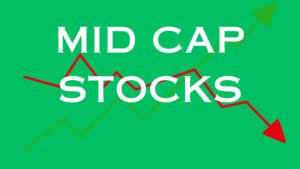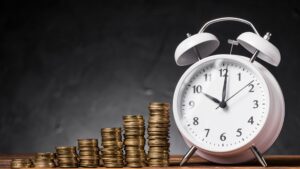A share buyback happens when a company buys its own shares to reduce the number of shares available in the open market. Generally companies buyback shares at a price higher than the current market price. A buyback is also called ‘Repurchase’.
Share buyback has a direct impact on the Earnings Per Share (EPS). The net income remains the same but the number of outstanding shares reduce. This results in an increase in EPS. The Price to Earnings ratio decreases as the stock price increases.
Why Companies do ‘Buyback’
There are several reasons why a company can opt to buyback its shares. Lets understand why and in which case would the company buyback shares.
- The company has excess cash on its balance sheet but very few projects or opportunities to invest in.
- When compared to dividends, buybacks are tax effective for companies and shareholders as buybacks are subject to only Direct Distribution Tax (DDT). Dividends are taxed at 3 different levels.
- Buybacks are also done to prevent large shareholders from taking a controlling stake in the company.
- When a company decides to buyback its shares, it may be an indication that the stock is undervalued. By buying back the stock at a higher price than the market price, the company can rectify the situation.
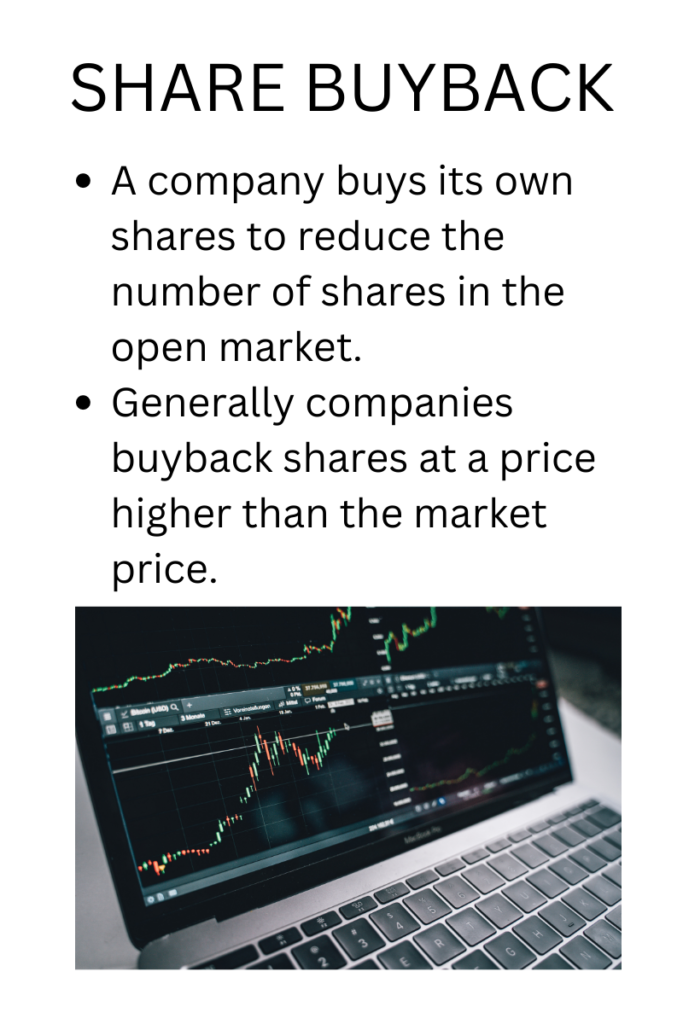
Methods of buyback
There are two types of buyback: Tender offer and Open-Market offer. Companies can choose any of these methods to buyback shares from their shareholders.
- Tender Offer: The company makes an offer to buy back its shares at a particular price (offer price) at which the shareholders can tender, i.e., sell their shares.
- Open-market Offer: The company can buy back its shares by actively buying from sellers on the exchange. The buyback period is mentioned in the buyback offer, and it can last for months to ensure that there is no significant price movement due to the buying activity. The buyback period can be checked by visiting the SEBI website.
Examples of Buybacks in India
- TCS buyback 2022: The Rs 18,000 crore share buyback was done by TCS in March 2022. The buyback offer was subscribed more than 7.5 times and was a massive success. It was the largest buyback offer of year 2022.
- Wipro buyback 2021: Wipro completed a buyback of Rs 9,500 crore in January 2021. Wipro offered a buyback price of Rs 400 per share. Post completion of buyback, the promoters stake was over 72 percent in the company.
- HUL buyback 2013: In May 2013, Unilever, parent company of Hindustan Unilever Ltd (HUL) announced a buyback of HUL shares. It was India’s largest buyback offer at that time. Unilever offered Rs. 600 per share in HUL. Through this buyback, the parent Unilever increased its stake in HUL to more than 67%.
